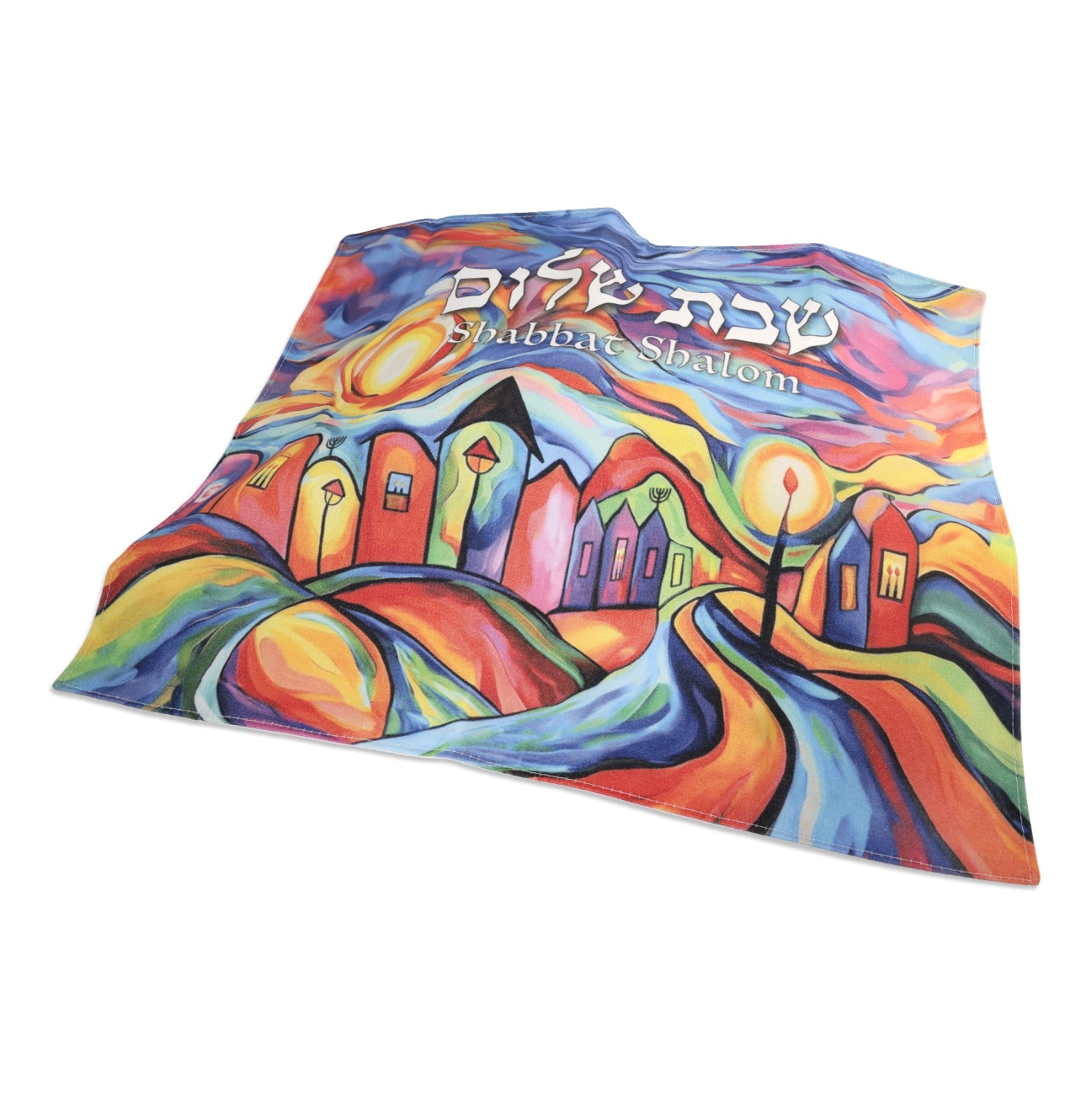Birkat Hagomel (ברכת הגומל) is a Jewish blessing of thanksgiving recited by someone who has been saved from a life-threatening situation. It is an expression of gratitude to God for deliverance from danger and is part of the Jewish tradition of giving thanks after experiencing a significant ordeal.

When is Birkat Hagomel Recited?
The blessing is typically recited after surviving specific situations, including:
- Illness or Surgery: When someone recovers from a serious illness or undergoes a successful surgery.
- Travel: After a long or hazardous journey, particularly by sea or air. This is often observed when someone returns safely from a trip.
- Childbirth: Women who have safely given birth recite Birkat Hagomel.
- Release from Prison: Those who have been freed from imprisonment also recite this blessing.
- Survival of life-threatening situations.

The blessing is usually recited during a Torah reading in the synagogue, ideally in the presence of a minyan (an attendance of ten adult Jews). The person who is giving thanks stands up and recites the blessing aloud, followed by a congregational response.
The Text of Birkat Hagomel
In Hebrew, the text of Birkat Hagomel is:
בָּרוּךְ אַתָּה יְיָ אֱלֹהֵינוּ מֶלֶךְ הָעוֹלָם הַגּוֹמֵל לַחַיָּבִים טוֹבוֹת שֶׁגְּמָלַנִי כָּל טוֹב.
Transliteration:
Baruch Atah Adonai Eloheinu Melech HaOlam, HaGomel l’Chayavim Tovot, SheG’malani Kol Tov.
Birkat Hagomel in English:
“Blessed are You, Lord our God, King of the Universe, who bestows kindness upon the guilty, who has bestowed every goodness upon me.”
The congregation then responds:
שֶׁגְּמָלְךָ כָּל טוֹב, הוּא יִגְמָלְךָ כָּל טוֹב סֶּלָה.
Transliteration:
SheG’malcha Kol Tov, Hu Yigmalecha Kol Tov, Selah.
Translation:
“May He who has bestowed goodness upon you continue to bestow every goodness upon you forever.”
Origins of Birkat Hagomel
The origins of Birkat Hagomel are rooted in the Talmud. The blessing is derived from a passage in the Talmud (Berachot 54b) that discusses four types of people who are obligated to give thanks: those who have crossed the sea, traveled through the desert, recovered from illness, and been released from prison. These situations correspond to significant dangers, and the blessing serves as a way to publicly acknowledge God’s mercy in delivering the individual from harm.
Birkat Hagomel blessing is a powerful expression of gratitude and acknowledgment of god’s presence in times of danger and his role in protecting and preserving life.

